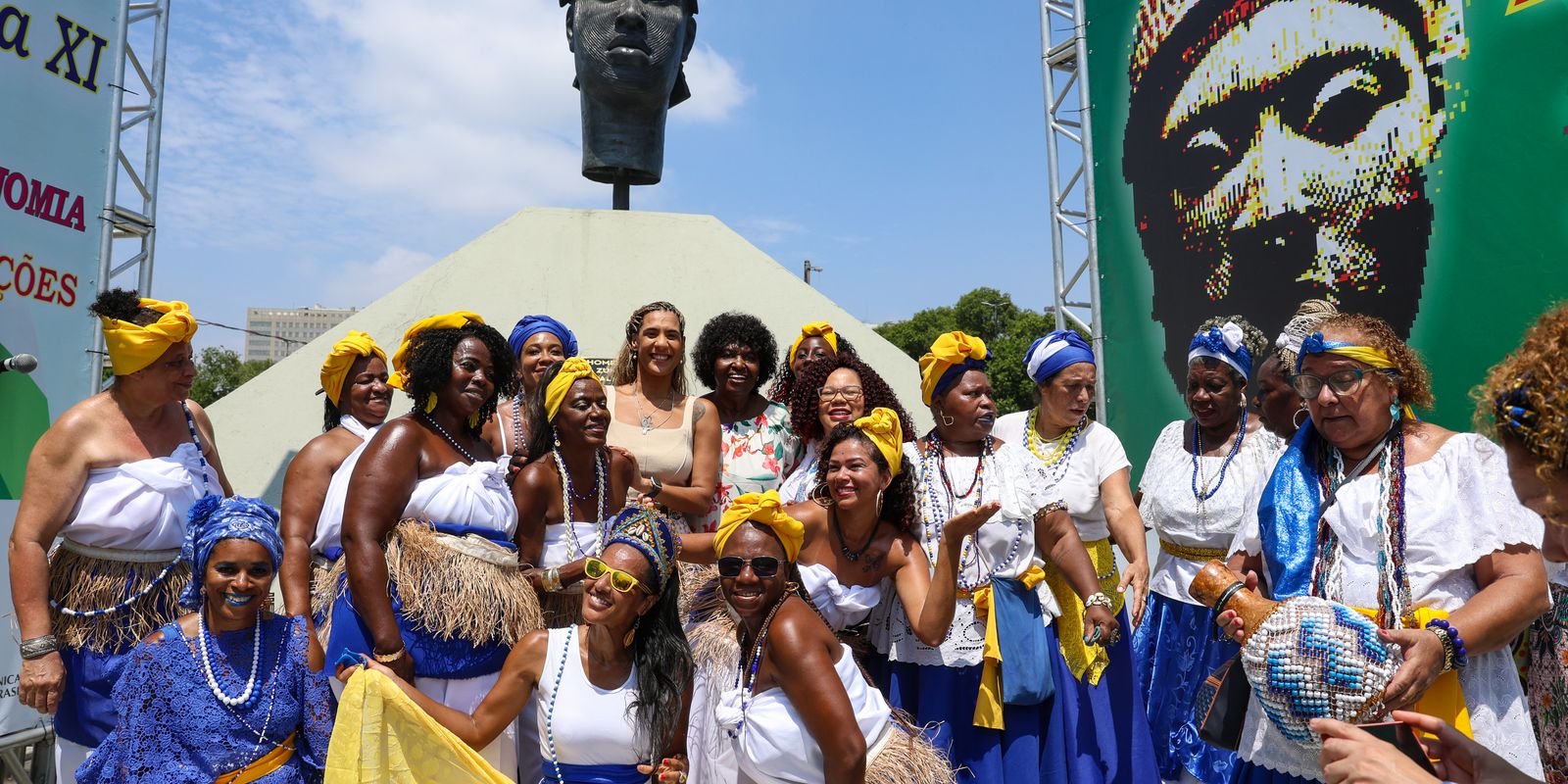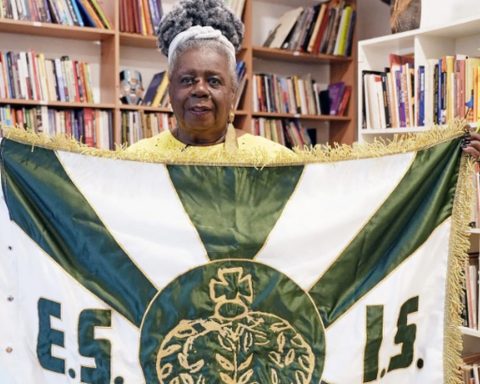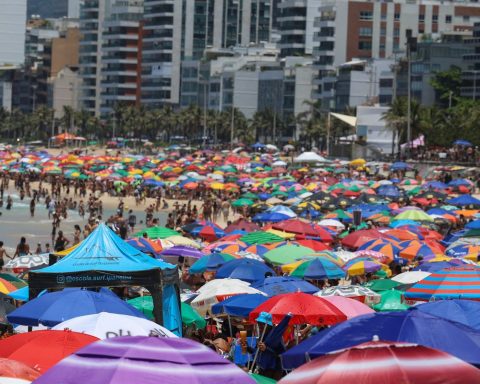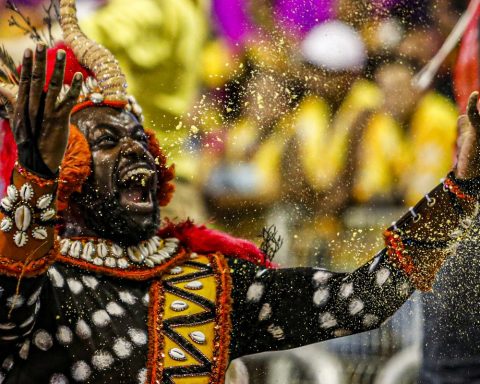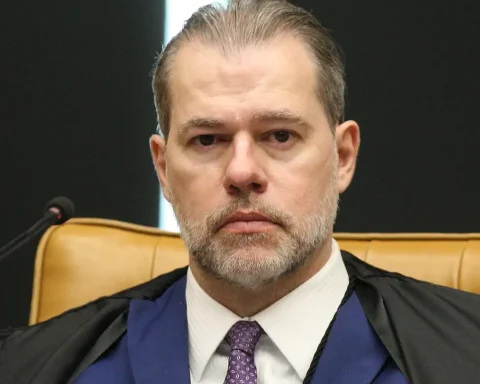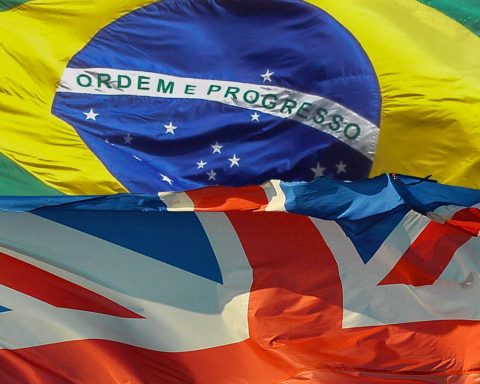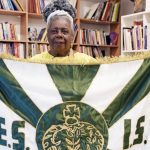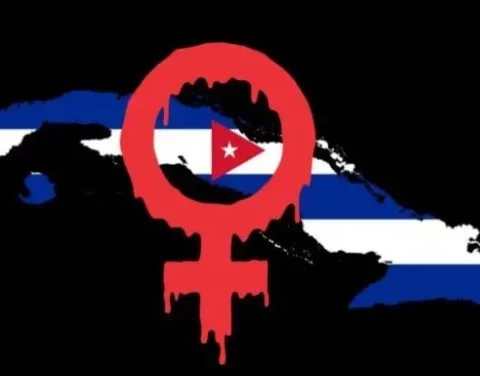When celebrating the first 20th of November as a national holiday, the Minister of Racial Equality, Anielle Franco, said this Tuesday (20) that the date is important to reaffirm the existence, pride, culture and African heritage in the construction of the Brazil.
“Racism, in Brazil, manifests itself through delegation. What does this mean? There are centuries and centuries of racist practices that were veiled with deliberate policies of whitening and forced miscegenation.”
“Along with all the kidnapping and enslavement of our people in the diaspora, there was an erasure of our culture, making the figure of black people invisible and subalternizing”, added Anielle.
In a video posted on social media, the minister recalled that, in the 1970s, November 20, the date on which the quilombola leader Zumbi dos Palmares was killed, was established as a day of celebration of history, memory, culture and of the existence of black people.
“We are a people full of potential, who were and are central to the formation of our country. A people who make up 56% of Brazil’s population, but who still suffer most from the ills of inequality, hunger, poverty and violence.”
“These are marks of enslavement that has not been repaired to this day. That’s why, last year, the first year of the Ministry of Racial Equality, we established November 20th as a national holiday”, he explained.
According to Anielle, the proposal is for everyone, in every corner of the country, to remember the importance of the struggle of the black movement and of moving towards racial equality. “There is still a lot to do, a long way to go. And we know that. But I think our greatest legacy is to regain the right to dream, the right to collective construction.”
“I have said and repeated that our work is not just about building a bridge, as some people do. ‘I built a bridge, I launched a bus’. No. Our work is a letter, it is continuous. It needs to think about the emergencies of our people, it needs to be where the people know there is a demand.”
“The more we can do to create, in health, in tourism, in relation to employability, lethality, so that our young black people stay alive and do not become statistics, we will do it.”
“Let us continue to ensure that no other woman or man is victimized just because of the color of their skin. Let us remain firm, without normalizing any death, any fall, any invisibility, any silencing, any violence. Let us continue until they understand that the black people of this country are human and need to stay alive”, he concluded.
Serra da Barriga
Earlier, the ministry’s executive secretary, Roberta Eugênio, participated in a celebration at the Quilombo dos Palmares Memorial Park, in Serra da Barriga (AL), a place considered a symbol of Brazilian black resistance and which, for almost 100 years, was home to the largest quilombo of the country, Quilombo dos Palmares.
“Our past is one of resistance, production of technology, encouragement, production of dreams. And the quilombos were territories not just for struggles, but where we effectively exercised our right to be, in the deepest and fullest way possible,” he said.
“Brazil can be better when we create conditions so that our differences no longer represent inequality”, added Roberta. The event featured a procession of religious people of African origin and cultural presentations celebrating Afro-Brazilian diversity and ancestry.
